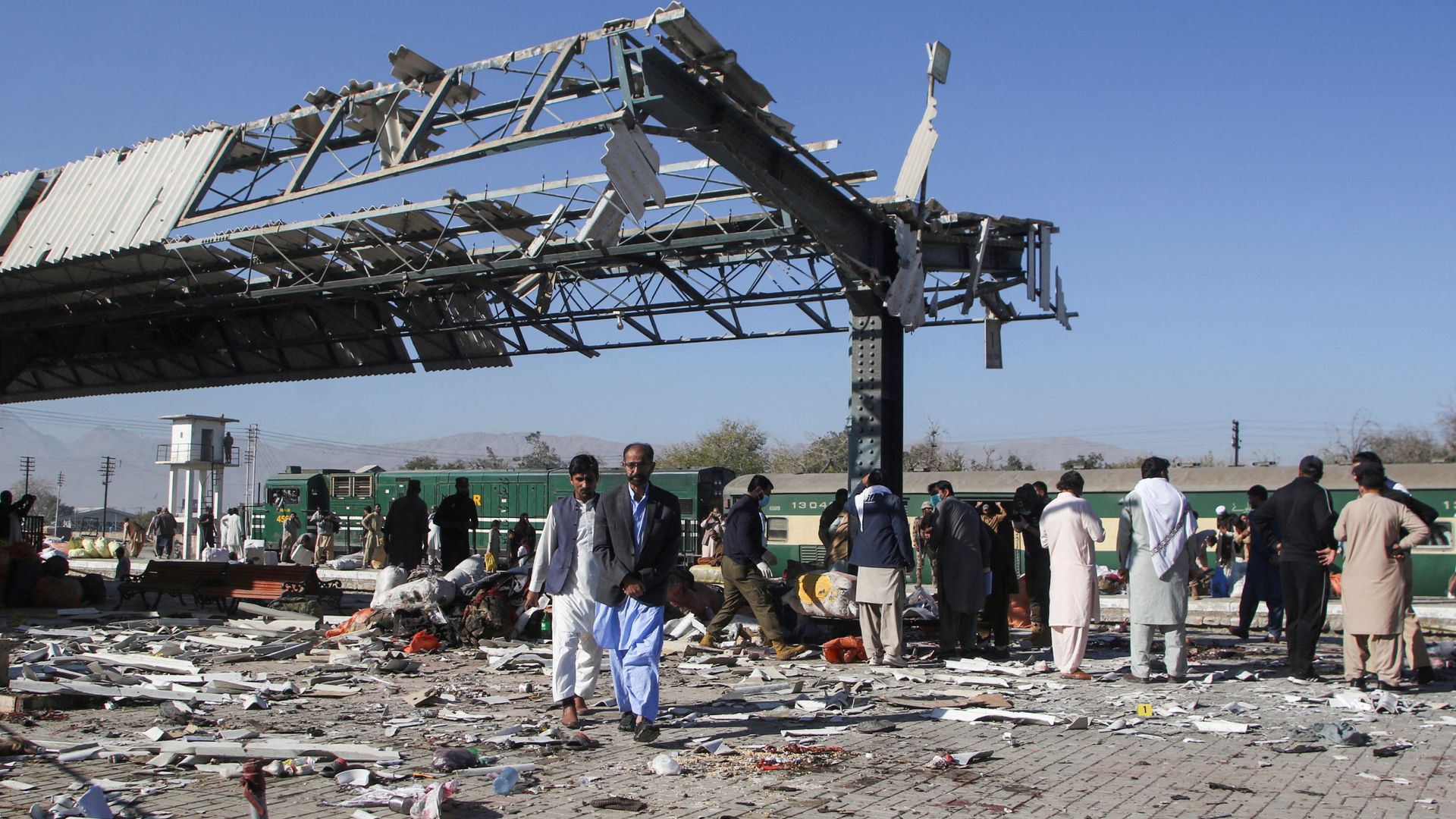
State and city workers on Wednesday cleared what had become Portland’s largest homeless encampment.
It was the fourth time that an encampment had been removed within the last five months in the city.
Outreach workers said the Maine Department of Transportation, which owns the park-and-ride lot on Marginal Way where several dozen tents had been pitched, allowed them to arrive early before bringing in bulldozers and dump trucks to clear the space.
“There was some proactive planning that went into this sweep with state police, DOT and outreach providers that has made this inhumane process slightly more humane,” said Henry Myer, director of the street outreach collaborative and the Elena’s Wellness Shelter at Preble Street.
The Department of Transportation had announced slightly less than a month ago that it would clear the encampment at the park-and-ride lot, as well as the tents pitched along Marginal Way and on nearby Somerset Street on Nov. 1.
Myer said Preble Street outreach workers and others had been coming to Marginal Way during the weeks and days leading up to planned removal of the encampment, urging individuals to seek shelter if there was a bed available at the Homeless Services Center or offering to help them move to somewhere else.
Portland spokesperson Jessica Grondin said the city had eight to 10 beds at the municipal-run Homeless Services Center available for those leaving the Marginal Way encampment as of Wednesday morning.
Some unhoused residents had already left the encampment by 8:30 a.m., but others, including Paul Hooper, were still weighing their options.
“I got out of prison in December, and I had a voucher,” he said. “But I couldn’t find any place to live, because the set limit was way below the housing prices. So I couldn’t find a place within the allotted time for the voucher limit, and so that made me homeless.”
The Marginal Way encampment, located between Interstate 295 and a Portland business district, grew in size throughout the summer, as city and state workers cleared three other sites over the last five months — along the Bayside Trail, at the corner of Deering Oaks park and an I-295 offramp, and the Fore River Parkway Trail. Myer said that many unsheltered people felt they were running out of available spaces to go, because those sites had already been cleared by state and city workers recently.
Hooper said he won’t go to the city-run shelter, partly because he’s worried about storing his belongings there. He said he’ll probably move to the encampment that’s formed at Harbor View Memorial Park under the Casco Bay Bridge on Commercial Street.
That site has grown in recent weeks, Grondin said, and she acknowledged that some individuals had moved from Marginal Way to Harbor View in recent days.
“We do expect that the tent number will rise there,” she said. “We’re just really trying to get folks into shelter or other housing, knowing that it’s getting colder. Winter is certainly going to be here very soon.”
No date has been set to clear the site at Harbor View, Grondin said, though the encampment could be removed near the end of the month. A new shelter for asylum seekers in Portland’s Riverton neighborhood is expected to open later this month.
“That will allow the Homeless Services Center to have anywhere from 100 to 125 open beds, and so that timing may end up being what we communicate, because we’ll have those available beds at that point,” Grondin said.
The city of Portland has been under pressure from all sides to provide more solutions to Portland’s growing unhoused population. The City Council has twice debated a measure to expand shelter capacity for this winter, and advocates have argued the city needs to provide more mental health counseling, substance use disorder treatment and other services to help unsheltered people transition.
And though some outreach workers said that the advanced planning had lowered the tension felt inside the Marginal Way encampment Wednesday, Myer said the situation still seems frustrating.
“Much of it is the same,” he said. “The harm caused by it is the same. The lack of available places for people to land is the same. And the lack of a larger plan on how to resolve unsheltered homelessness in Portland is the same.”
This article appears through a media partnership with Maine Public.









